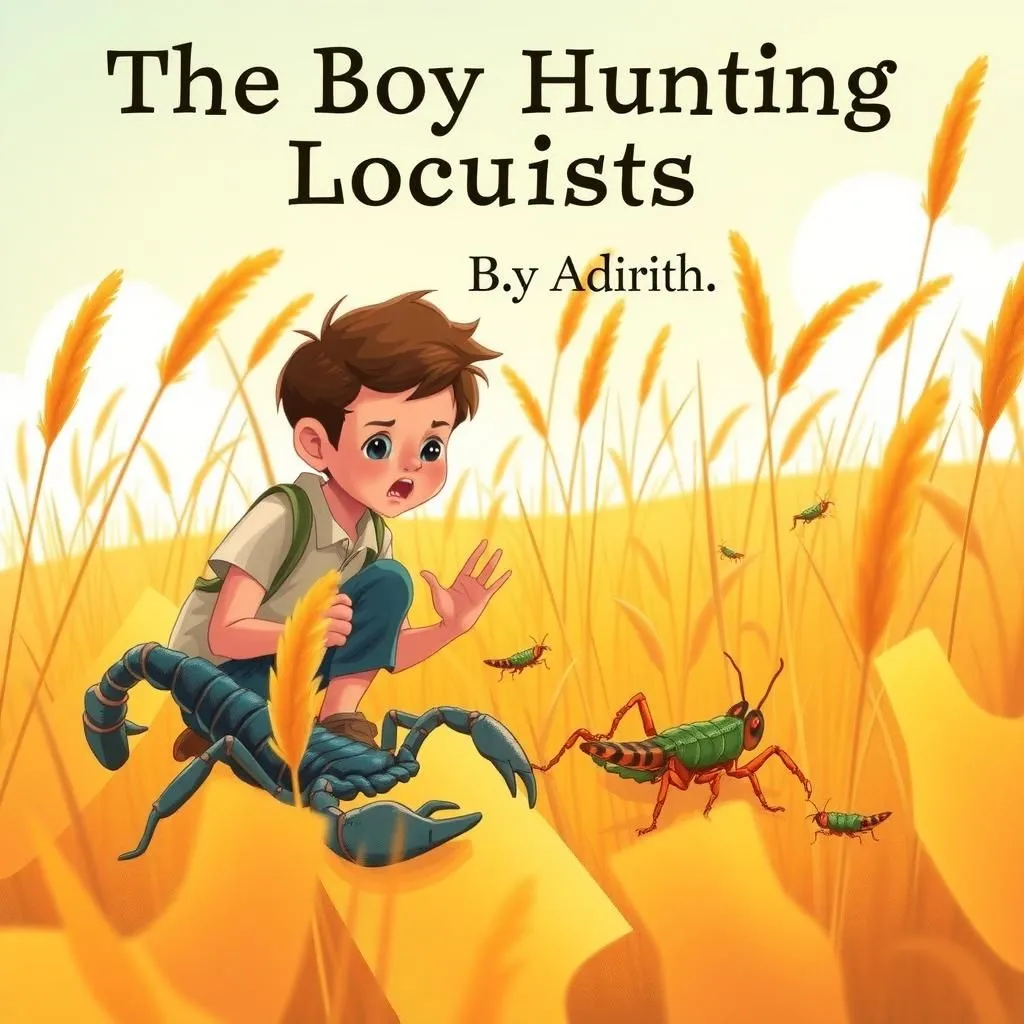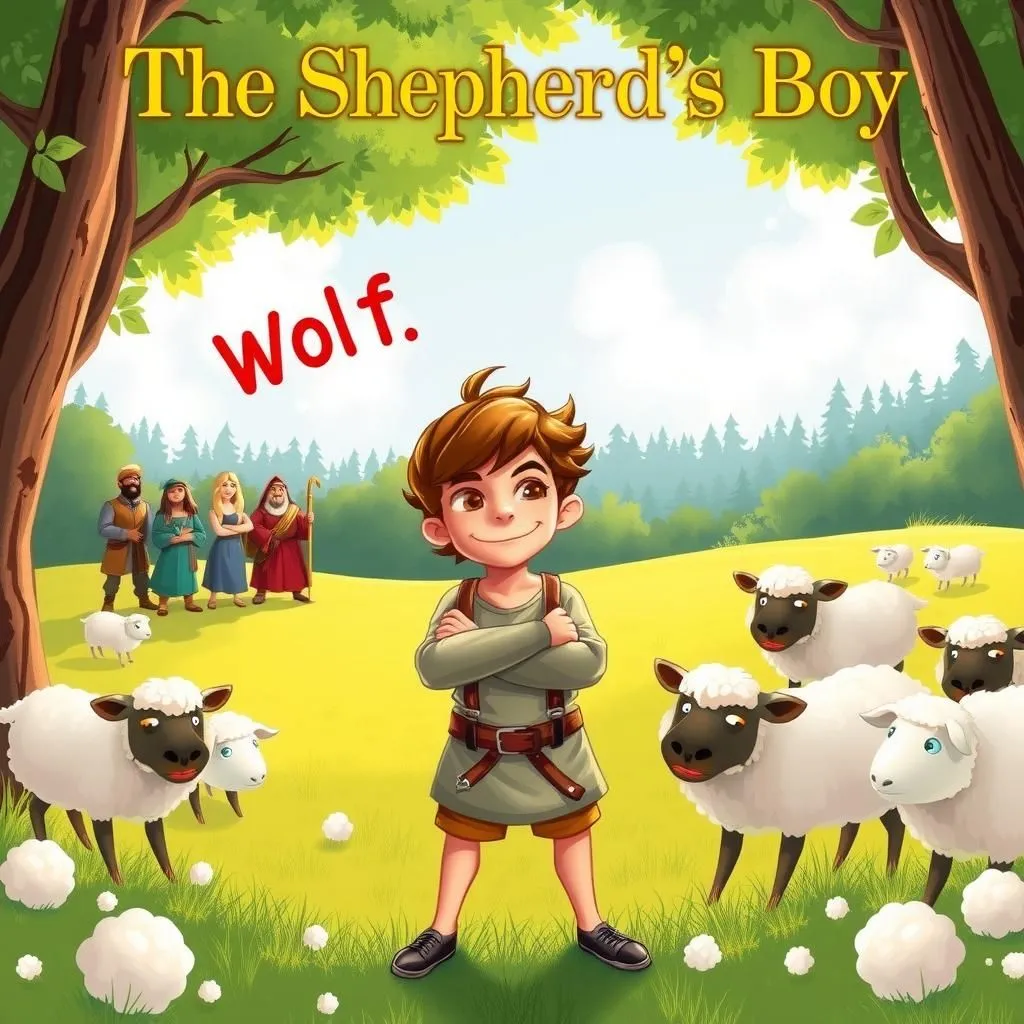
The Boy Hunting Locusts
In this short moral story, a boy hunting for locusts mistakenly reaches for a scorpion, thinking it is one of his catches. The scorpion warns him that had he touched it, he would have lost both the scorpion and all his locusts, highlighting the lessons learned from stories about the importance of caution and awareness. This quick read story with moral significance serves as a reminder to be mindful of our actions and their potential consequences.


